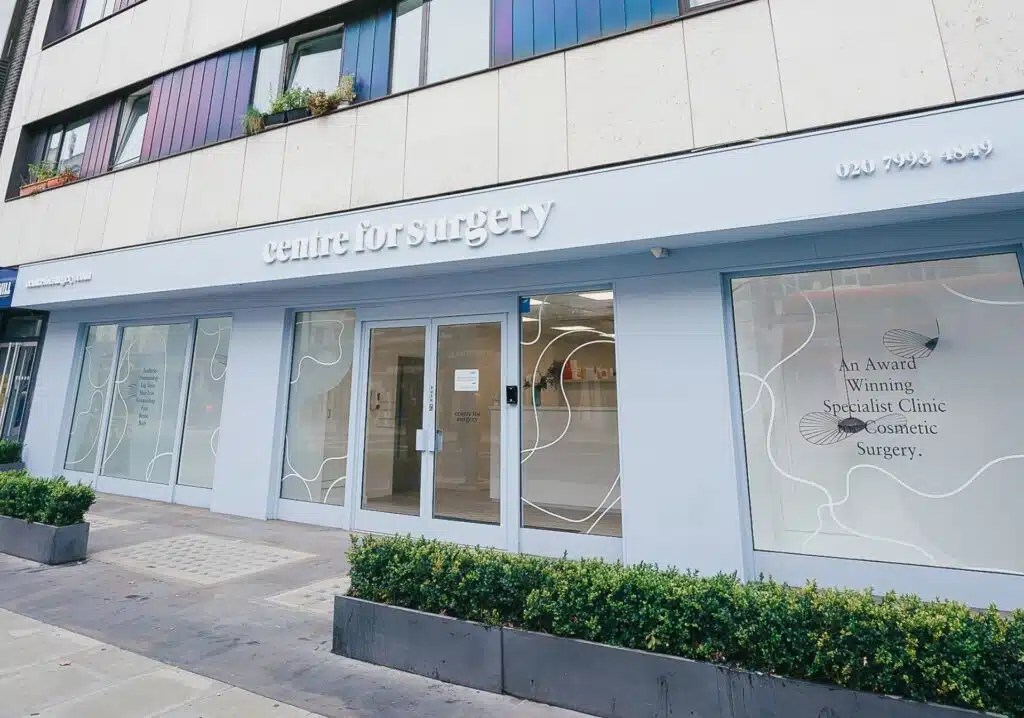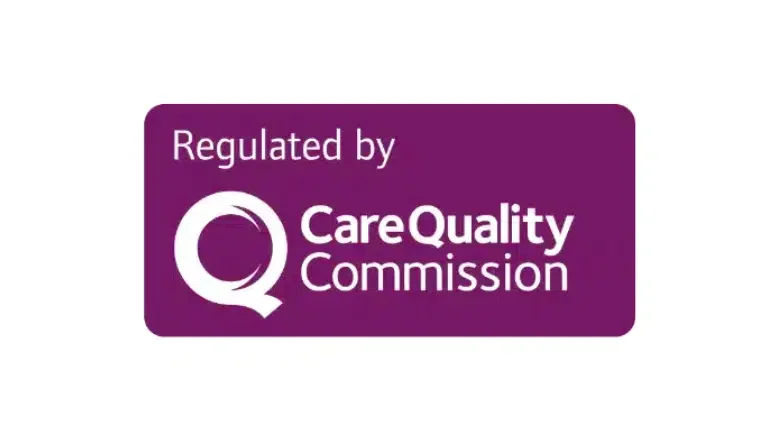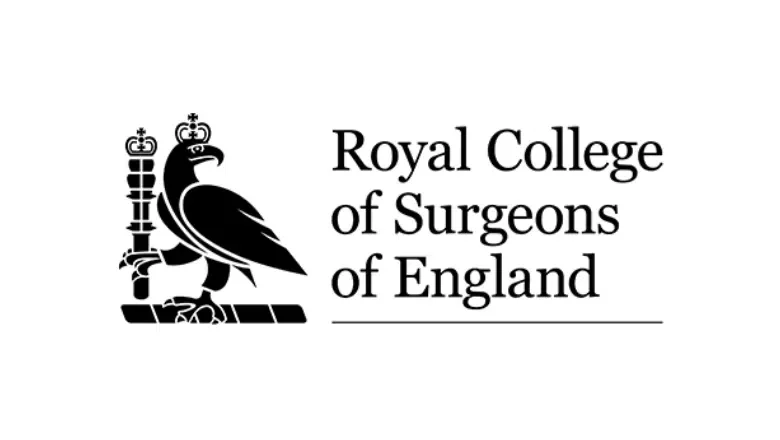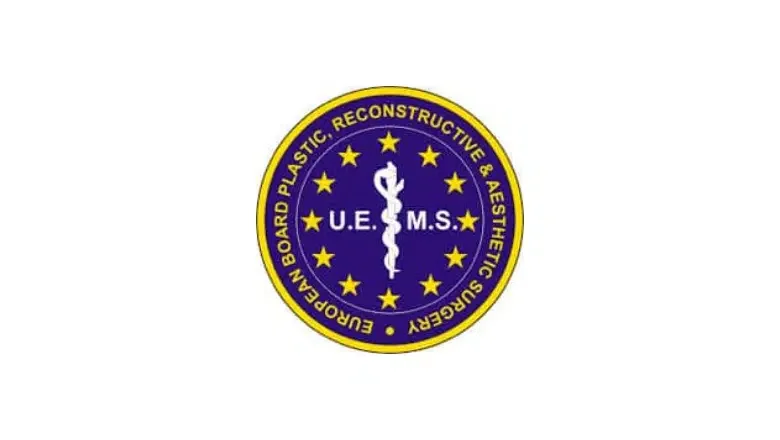Recovery Timeline After Breast Implant Surgery
Factors Influencing Recovery Duration
The recovery period following breast implant surgery can vary significantly from person to person. Several factors influence how long it takes to recover, including the specific procedure performed, your body’s unique response to surgery, and various other individual factors. Due to these variables, recovery time frames can differ widely.
RELATED: Five Insights I Wish I Knew Before My Breast Augmentation
General Recovery Time Frames
Typically, most patients require about 1 to 2 weeks away from work and other daily activities after breast augmentation surgery. During this initial period, rest and limited physical activity are crucial to facilitate healing.
A longer recovery period is necessary for more strenuous activities, such as intense exercise or heavy lifting. It is generally recommended to wait 4 to 6 weeks or more before resuming such activities. Certain high-impact sports, like boxing or horse riding, might need to be postponed for several months to ensure complete healing and avoid complications.
RELATED: Recovery After Breast Augmentation Surgery – Top Tips
Scar Maturation
Scar maturation is a prolonged process. Scars from the surgery may take up to 12 months to fully settle. During this period, they often appear pinkish or darker in colour before gradually fading and becoming less noticeable.
RELATED: What Breast Augmentation Scars Can I Expect?
Tips for a Smooth Recovery
- Follow Your Surgeon’s Advice: Adhering to your surgeon’s post-operative care instructions is essential for a successful recovery.
- Listen to Your Body: Pay attention to your body’s signals and avoid overexertion, which can hinder healing and extend the recovery period.
- Patience with Scar Healing: Be patient with the appearance of scars, understanding that they will improve over time.
Managing Pain After Breast Augmentation Surgery
Post-Surgical Pain: What to Expect
While your surgeon will take various measures to minimise post-surgical pain, experiencing some level of discomfort and disrupted sleep for a few days or weeks after breast augmentation surgery is common and normal. The extent of pain can vary greatly among patients; some may experience significant discomfort, while others may hardly feel any pain at all. This variation is influenced by individual genetics, personal pain tolerance, and the effectiveness of pain management strategies employed.
Recognising Severe Symptoms
Severe pain, noticeable redness, heat around the surgical area, and extreme swelling or bruising should be promptly investigated. These could be signs of complications that require immediate medical attention. Additionally, any other symptoms that cause concern should not be ignored, as they might indicate unexpected complications that could delay healing, recovery, or necessitate further surgical intervention.
The Importance of Choosing the Right Surgeon
Selecting a highly skilled and experienced surgeon is essential. This ensures you are in capable hands during the surgery and during the critical early recovery phase. A proficient surgeon will provide comprehensive pain management strategies and closely monitor your recovery, addressing any issues promptly to avoid complications.
Tips for Managing Pain
- Follow Pain Management Plans: Adhere to the pain management plan provided by your surgeon, which may include prescribed medications and specific care instructions.
- Rest and Recovery: Ensure you get ample rest and avoid activities that could strain your body and exacerbate pain.
- Monitor Symptoms: Keep a close eye on your symptoms and report any severe or concerning changes to your medical team immediately.
- Comfort Measures: To ease discomfort, use comfort measures such as supportive pillows, proper sleeping positions, and gentle movements.
Essential Tips for Recovery After Breast Augmentation Surgery
1. Prioritise Rest and Take It Easy
After your breast augmentation surgery, it is crucial to allow your body ample time to heal. Resting extensively during the first two weeks can significantly speed up your recovery process. Avoid any strenuous exercise for at least a few weeks. Always wait for your surgeon’s approval before resuming any physical activities. Listen to your body, and do not push yourself too hard, as overexertion can hinder your healing and compromise your results. Gradually increase your activity level, and consult your surgeon to determine when you can safely return to your daily routines and workouts. If you experience any pain or discomfort, stop immediately and seek advice from your surgeon.
2. Follow Wound Care Guidelines Diligently
Proper wound care is vital for a smooth recovery and optimal scar formation. You will have an incision that requires careful attention post-surgery. For the first week, keep all dressings intact. During your one-week postoperative appointment, your surgeon will remove the dressings and assess your wounds. Follow their guidance on wound management to ensure the best healing outcome and scar appearance.
3. Avoid Regular Bras and Wear Supportive Garments
Post-surgery, your new chest will need special support to aid in recovery and maintain your results. Your surgeon will recommend medical garments that speed up recovery, reduce swelling, and provide comfort. It is crucial to wear these garments and avoid underwire bras for the first 12 weeks. A sports bra should be worn constantly to support your breasts. For special occasions, you may wear more decorative bras or lingerie, but ensure they provide adequate support. Always adhere to your surgeon’s instructions for post-operative breast care.
4. Maintain a Balanced Diet and Stay Hydrated
Nutrition plays a significant role in your recovery. Consuming a balanced diet and staying hydrated are key to healing swiftly. Ensure you have sufficient zinc levels, as this trace element is essential during recovery. You might consider getting your zinc levels tested if you suspect a deficiency. Additionally, some vitamins and mineral supplements can support recovery from surgery and other bodily stresses.
5. Be Mindful of Changes That Affect Your Results
Pregnancy, breastfeeding, and significant weight changes can impact the results of your breast surgery. Discussing these factors with your surgeon to understand their potential effects on the longevity of your results is important. Wearing supportive bras consistently, especially during high-impact activities, is crucial. Your choices in the long term can significantly influence the durability of your breast augmentation results.










